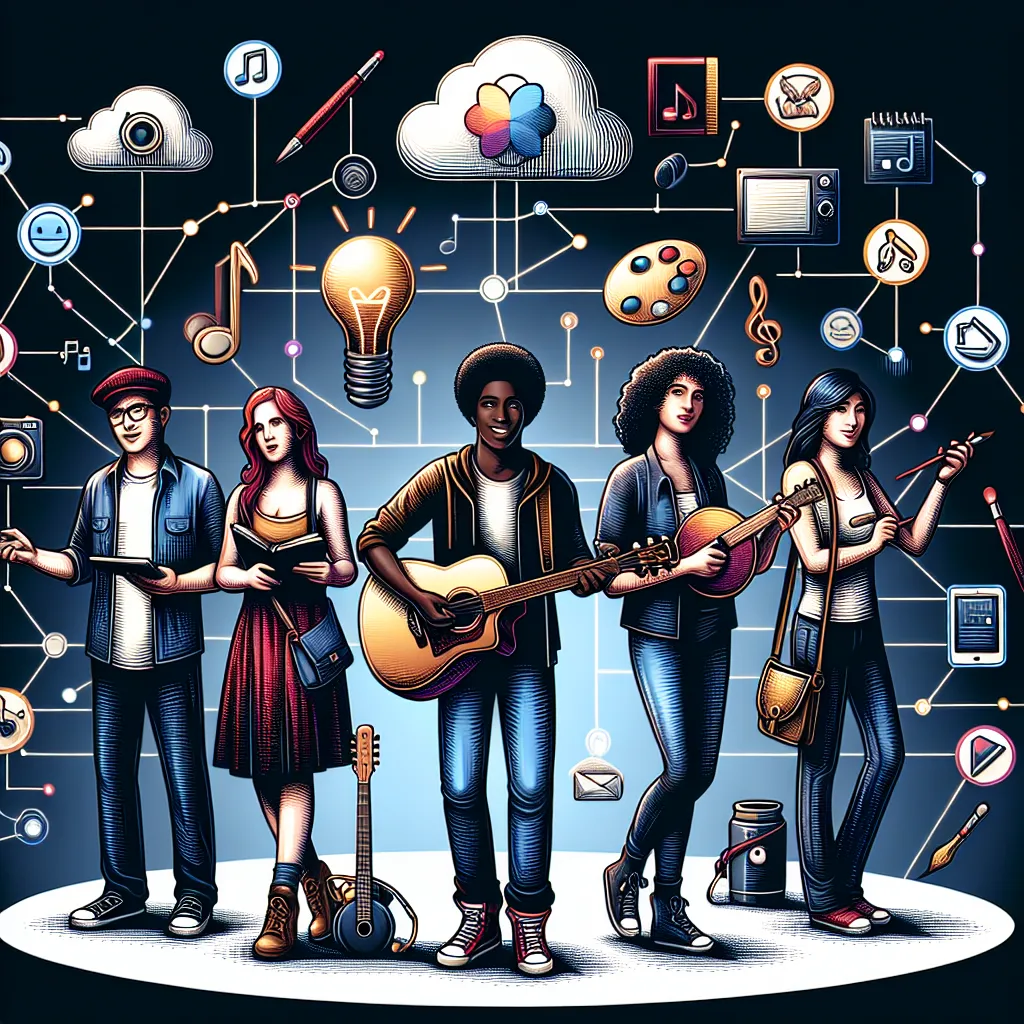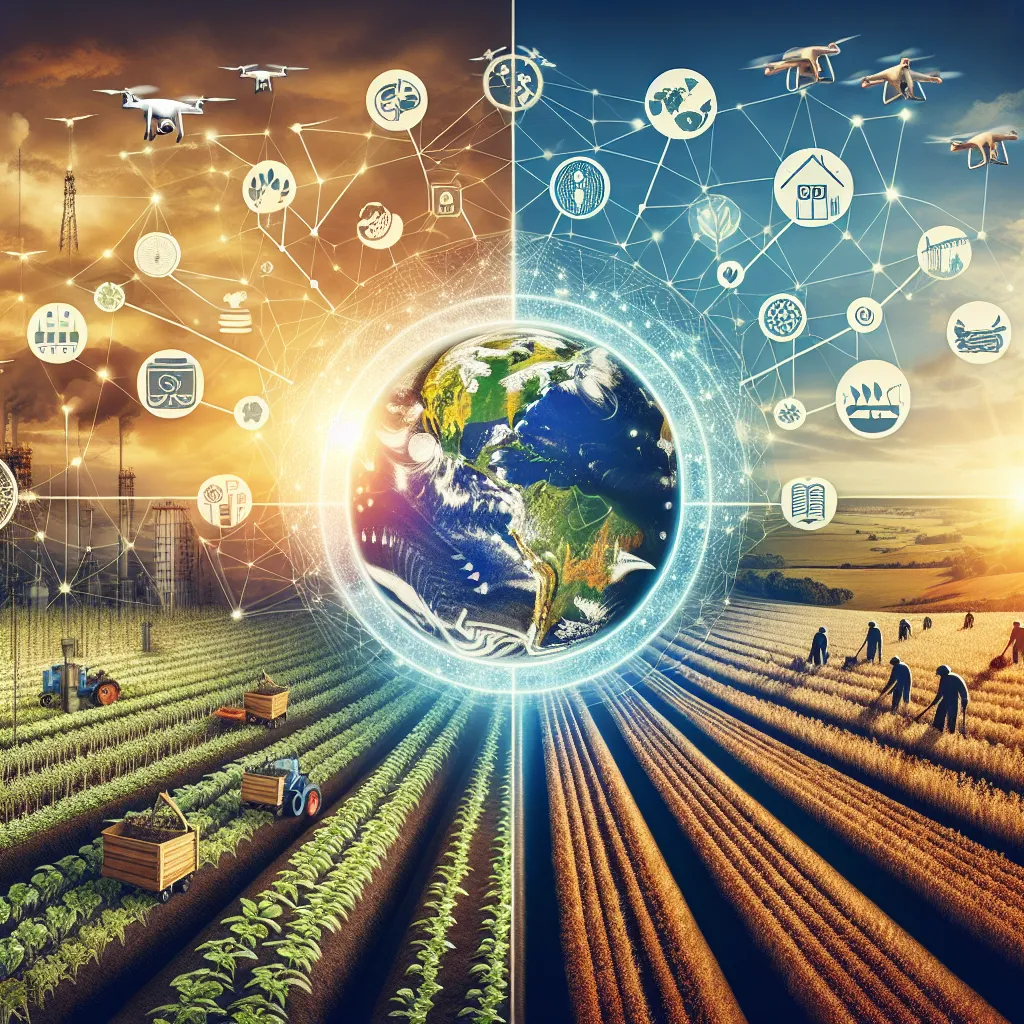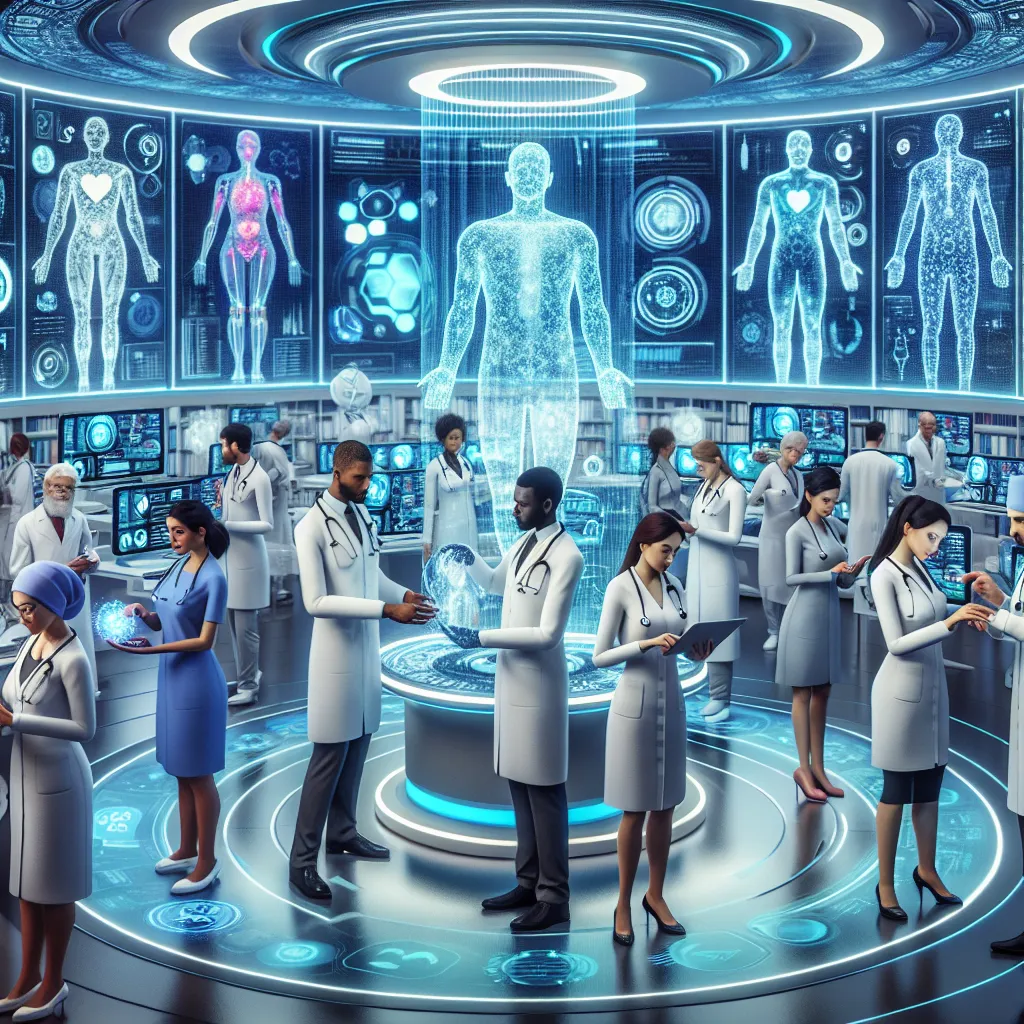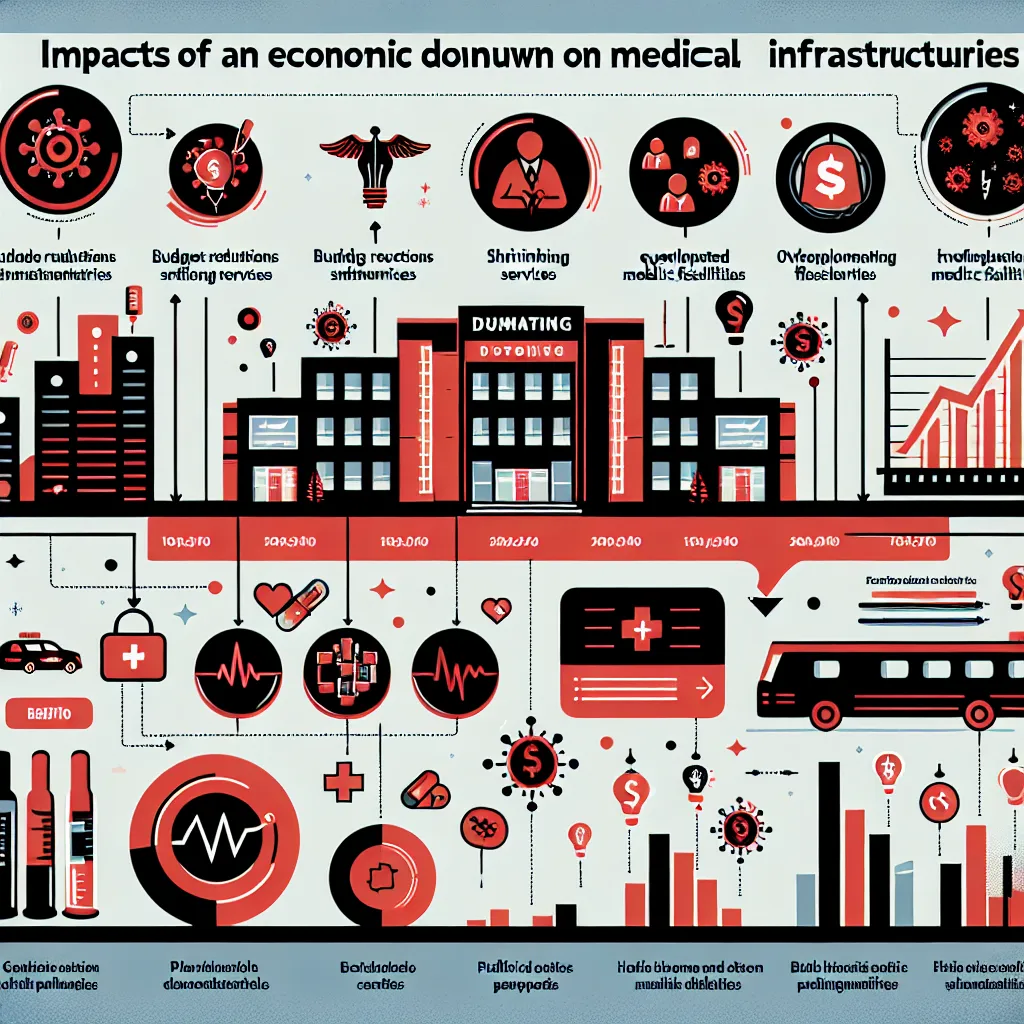The topic of “the impact of digital platforms on the creative economy” has become increasingly relevant in recent years, reflecting the rapid technological advancements and their influence on various industries. This subject has appeared in several IELTS Writing Task 2 questions, and its frequency is likely to increase in future tests due to its contemporary significance.
Nội dung bài viết
After reviewing past IELTS exams and current trends, we have identified a relevant question that closely aligns with this topic:
Digital platforms have transformed the creative economy, offering new opportunities for artists and content creators. However, some argue that these platforms exploit creative professionals. Discuss both views and give your opinion.
Let’s analyze this question and provide sample essays for different band scores.
Question Analysis
This question requires you to:
- Discuss the positive impacts of digital platforms on the creative economy
- Explore the argument that these platforms exploit creative professionals
- Present your own opinion on the matter
The essay should be balanced, covering both perspectives before concluding with your personal view.
Sample Essay for Band 8-9
Digital platforms have undeniably revolutionized the creative economy, opening up unprecedented opportunities for artists and content creators. However, this transformation has also sparked debates about the potential exploitation of creative professionals. This essay will examine both perspectives before presenting my own stance on this complex issue.
On one hand, digital platforms have democratized the creative industry, allowing artists to reach global audiences without traditional gatekeepers. Platforms like YouTube, Instagram, and Etsy have empowered individuals to showcase their talents, build personal brands, and monetize their creativity directly. For instance, independent musicians can now release their music on Spotify or SoundCloud, bypassing record labels and retaining more control over their work. Similarly, visual artists can sell their creations on platforms like DeviantArt or Society6, reaching niche markets that were previously inaccessible.
On the other hand, critics argue that these platforms often exploit creative professionals through unfair compensation models and opaque algorithms. Many content creators struggle to earn a living wage due to the platforms’ revenue-sharing policies, which typically favor the companies over the artists. For example, YouTube’s monetization policies have been criticized for providing insufficient income to many creators, even those with substantial followings. Additionally, the constant pressure to produce content and maintain visibility on these platforms can lead to burnout and mental health issues among creators.
 Digital platforms and creative economy
Digital platforms and creative economy
In my opinion, while digital platforms have indeed created numerous opportunities for creative professionals, there is a pressing need for more equitable practices. The benefits of increased exposure and direct audience engagement are undeniable, but these should not come at the cost of fair compensation and sustainable working conditions. I believe that a balance can be struck through improved regulation of these platforms, more transparent algorithms, and fairer revenue-sharing models.
To conclude, the impact of digital platforms on the creative economy is multifaceted. While they have democratized access to audiences and markets, concerns about exploitation are valid and must be addressed. The future of the creative economy depends on finding a balance that allows both platforms and creators to thrive sustainably.
(Word count: 367)
Sample Essay for Band 6-7
Digital platforms have changed the creative economy a lot in recent years. They give new chances to artists and content creators, but some people think these platforms are not fair to creative professionals. This essay will look at both sides of this issue and give my opinion.
On the positive side, digital platforms help artists reach more people. For example, musicians can put their songs on Spotify or YouTube, and many people can listen to them. Artists don’t need big companies to help them anymore. They can sell their work directly to customers. This is good because it gives more freedom to creative people.
However, some people say these platforms are not fair. They think the platforms make a lot of money but don’t pay artists enough. For example, some YouTube creators say they don’t earn much money even when many people watch their videos. Also, artists have to work very hard to keep making new content all the time, which can be stressful.
I think digital platforms are mostly good for the creative economy, but they need to be fairer. It’s great that artists can reach more people, but they should also get paid properly for their work. Maybe there should be new rules to make sure platforms treat artists better.
In conclusion, digital platforms have both good and bad effects on the creative economy. They give new opportunities but also cause some problems. I believe we need to find a way to keep the good parts while fixing the problems, so everyone can benefit.
(Word count: 253)
Key Considerations When Writing
-
Vocabulary: Use a range of vocabulary related to technology, economics, and creativity. For higher band scores, incorporate more sophisticated terms and phrases.
-
Grammar: Employ a variety of sentence structures. For band 8-9, use complex sentences and advanced grammatical structures. For band 6-7, focus on using simple and compound sentences correctly.
-
Coherence and Cohesion: Ensure your essay flows logically. Use appropriate linking words and phrases to connect ideas.
-
Task Response: Address all parts of the question. For higher scores, provide specific examples and a nuanced analysis.
-
Tone: Maintain a formal, academic tone throughout the essay.
Essential Vocabulary
-
Digital platforms (noun) /ˈdɪdʒɪtl ˈplætfɔːmz/: Online services that facilitate interactions between two or more distinct groups.
-
Creative economy (noun) /kriˈeɪtɪv ɪˈkɒnəmi/: Economic system where value is based on creative or imaginative qualities.
-
Monetize (verb) /ˈmʌnɪtaɪz/: To convert something into money or earn revenue from it.
-
Democratize (verb) /dɪˈmɒkrətaɪz/: To make something accessible to everyone.
-
Exploitation (noun) /ˌeksplɔɪˈteɪʃn/: The action of treating someone unfairly in order to benefit from their work.
-
Gatekeepers (noun) /ˈɡeɪtkiːpəz/: People or organizations that control access to something.
-
Algorithm (noun) /ˈælɡərɪðəm/: A process or set of rules to be followed in calculations or problem-solving operations, especially by a computer.
-
Content creator (noun) /ˈkɒntent kriˈeɪtə/: A person who produces entertaining or educational material for digital platforms.
-
Revenue-sharing (noun) /ˈrevənjuː ˈʃeərɪŋ/: The distribution of profits between stakeholders.
-
Burnout (noun) /ˈbɜːnaʊt/: Physical or mental collapse caused by overwork or stress.
In conclusion, the impact of digital platforms on the creative economy is a complex and evolving topic that is likely to remain relevant in IELTS Writing Task 2. As you practice writing essays on this subject, consider exploring related themes such as the gig economy, automation in creative industries, or the role of artificial intelligence in content creation. These topics may appear in future IELTS exams and are worth preparing for.
We encourage you to practice writing your own essay on this topic and share it in the comments section below. This active practice is an excellent way to improve your writing skills and prepare for the IELTS exam. Remember to apply the vocabulary, structures, and analysis techniques discussed in this article to enhance your essay quality.


